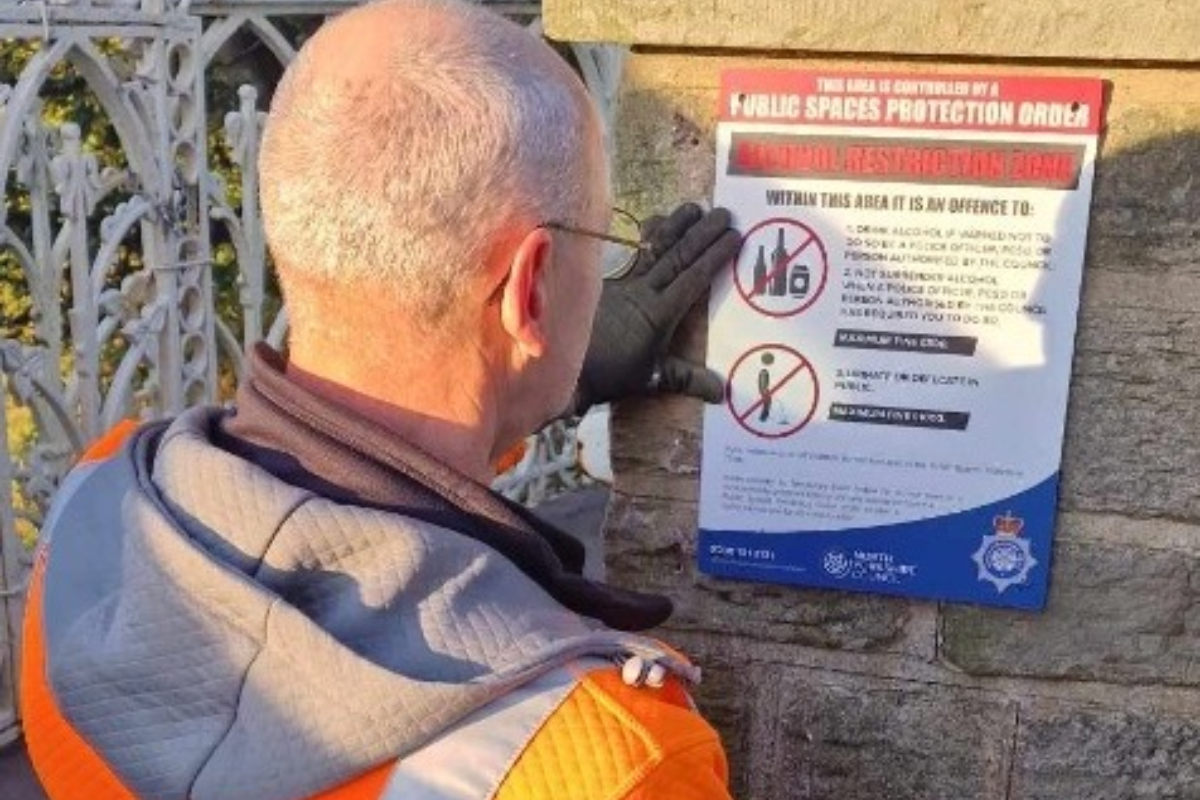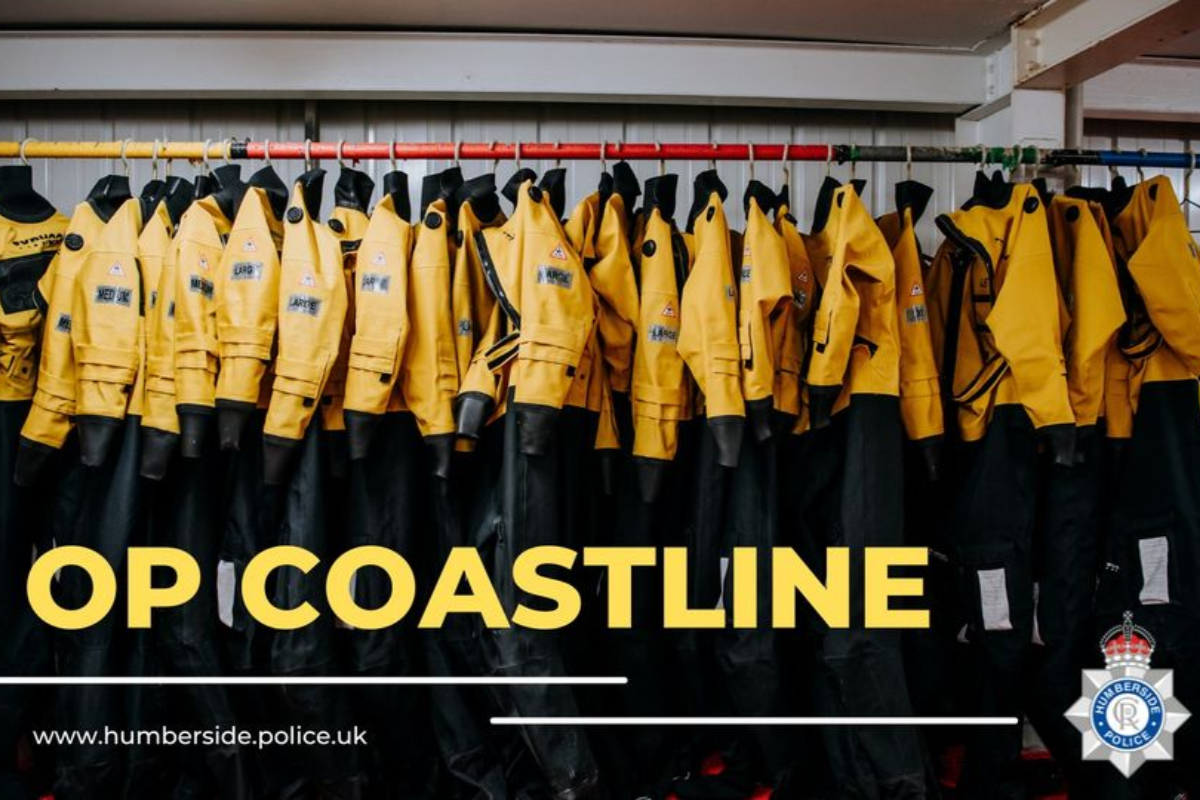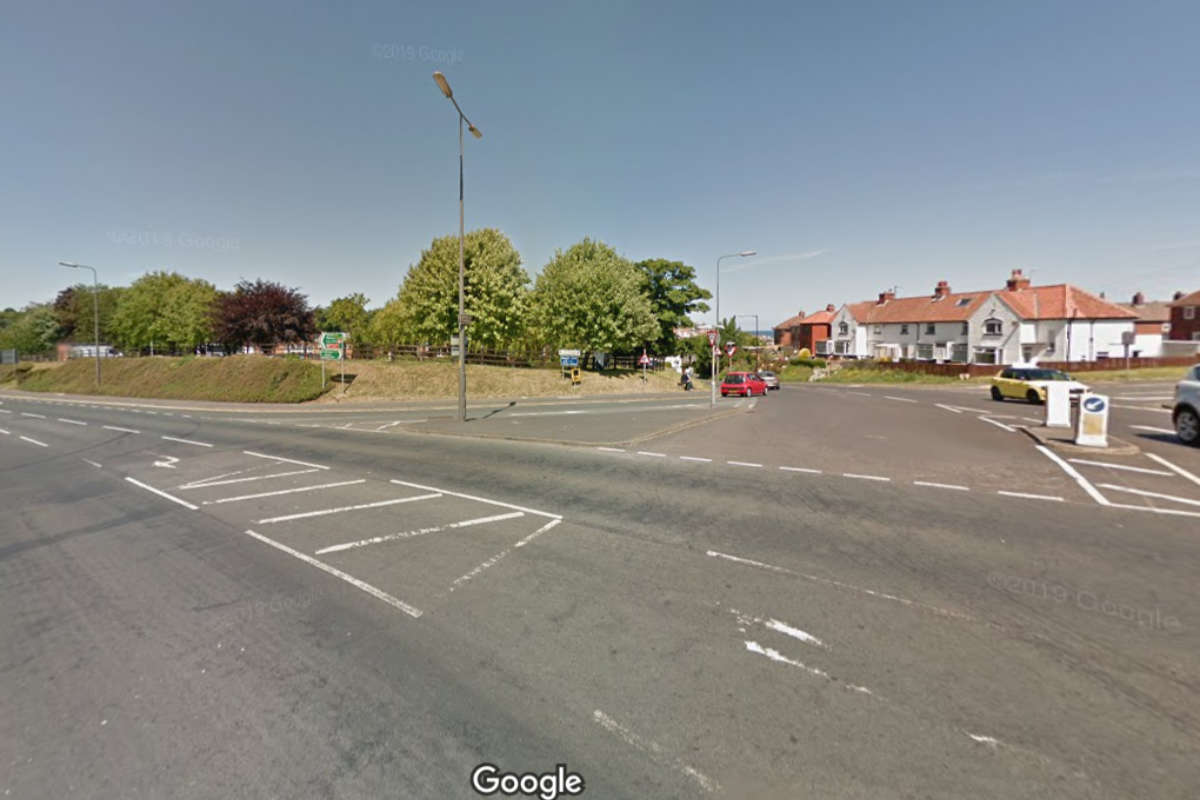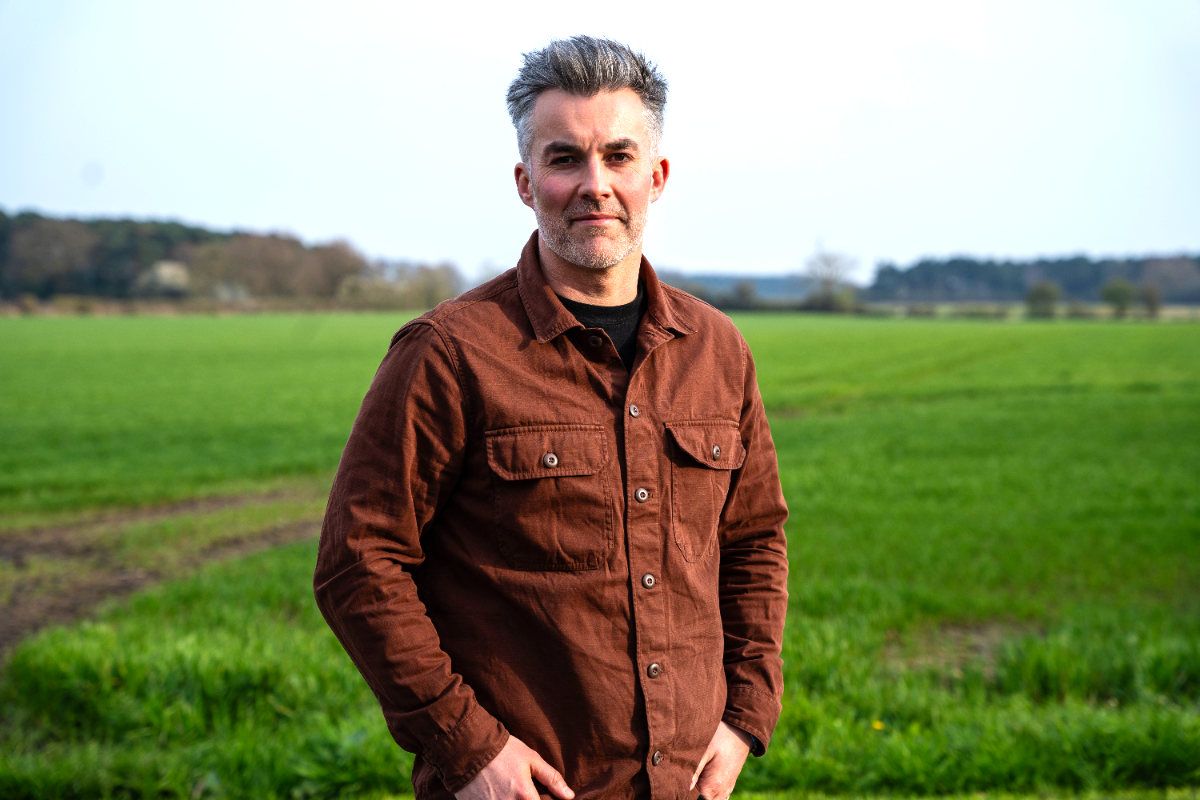
North Yorkshire Council needs to become “confrontational” over escalating water quality issues in the county, a meeting has heard.
Elected members on the authority’s transport, economy and environment scrutiny committee said while many communities across the county were being impacted by water pollution, the first meeting of North Yorkshire River Catchments Forum had been held without any of them being there.
The meeting heard a cross-party motion had been agreed at full council for the scrutiny committee to investigate water quality issues in the county, but leading water and environment officials had instead met with council officers “behind closed doors” on June 24.
Alongside the need for a strategic partnership to be developed, the forum agreed a North Yorkshire rivers summit should be convened by the council in the spring.
The scrutiny committee was told there had been “an excellent turn-out at really very senior level” for the forum meeting at County Hall.
Representatives attending included Yorkshire Water, Natural England and the Environment Agency, the Yorkshire Regional Flood and Coastal Committee, drainage authorities, Yorkshire Wildlife Trust, the Yorkshire Dales and North York Moors national parks and a range of river trusts.
Councillors were told invitations had been limited to “keep it manageable”, but the meeting had concluded with a high level of support for a strategic water quality plan.
An officer told councillors if more elected members had been invited to attend the forum, due to it being during the pre-election period it would have been likely government bodies would have pulled out and the meeting would have been postponed.
However, the meeting heard several councillors, including the authority’s climate change champion, had asked to attend the forum as observers, but had been refused.
Councillor Arnold Warneken said it was wrong that elected members who were driving action forward were not privy to the talks, while another member said they felt like they had been “given a jigsaw puzzle without the picture”.
Coun Warneken said:
“If we had waited another two weeks would it have been so critical? The bit about there being an election on doesn’t hold water.”
Numerous members questioned why the National Farmers Union had not been invited to attend the forum, despite the talks having included agricultural land management, which significantly affects pollution levels in rivers.
The meeting was told there were numerous other pressing issues that needed to be dealt with, including interlinked sewage and surface water drainage.
Councillors heard a number of lambs had died this year as a result of lead poisoning in the Nidd catchment area and there was concern new housing developments was exacerbating pollution.
The meeting was told another growing concern and a “very significant” issue in North Yorkshire was over the lack of monitoring of pollutants such as oil, tyre residues and microplastics running off roads.
Councillors heard with the authority maintaining some 9,000km of roads, tens of thousands of culverts and 1,497 bridges, there were 160,000 “interactions between the highway system and rivers”.
When new roads were built, measures to avert pollution run-off were included, officers said, but the cost and time it would take to retrofit all the county’s roads meant only the most challenging areas would be focused on.
In response, Councillor Melanie Davis said the council needed to quantify the cost of the issue, before worrying about who should pay for the work.
She said:
“The problem is we never quantify the cost of leaving it alone. There’s already a tremendous costs to our health, our enjoyment and to this planet. If we had thought about the costs earlier we wouldn’t be in the sorry state we are now.
“We do seem to be skating around a bit and doing the nice touchy feely bits and frightened of the bits which might be confrontational. If we don’t start to be confrontational on this then in a year or two years’ time nothing will have improved.”





 Concern Over Esk Valley Pupils Ability to Attend Whitby School
Concern Over Esk Valley Pupils Ability to Attend Whitby School
 North Yorkshire Council Defends 2 Million Plan
North Yorkshire Council Defends 2 Million Plan
 Nearly 10 Million Allocated to North Yorkshire Flood Relief
Nearly 10 Million Allocated to North Yorkshire Flood Relief
 Improvement in Scarborough Town Centre Anti-Social Behaviour
Improvement in Scarborough Town Centre Anti-Social Behaviour
 Operation Coastline Returns This Easter for East Riding Coast
Operation Coastline Returns This Easter for East Riding Coast
 North Yorkshire's Eden Camp Owners To Step Aside After Four Decades
North Yorkshire's Eden Camp Owners To Step Aside After Four Decades
 Scarborough Children Happier But Girls Worry More
Scarborough Children Happier But Girls Worry More
 Scarborough Late Night Trains Safety Concerns
Scarborough Late Night Trains Safety Concerns
 Major Roadworks in Whitby Begin
Major Roadworks in Whitby Begin
 North Yorkshire Mayor Publishes First Fire and Rescue Plan
North Yorkshire Mayor Publishes First Fire and Rescue Plan
 Pavement Licences Chased by Scarborough & Whitby Town Centre Giants
Pavement Licences Chased by Scarborough & Whitby Town Centre Giants
 Report Off Road Bikes in Bridlington Say Police
Report Off Road Bikes in Bridlington Say Police








Comments
Add a comment